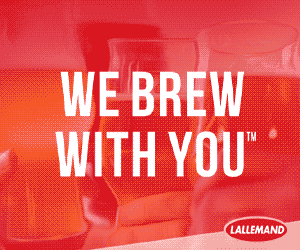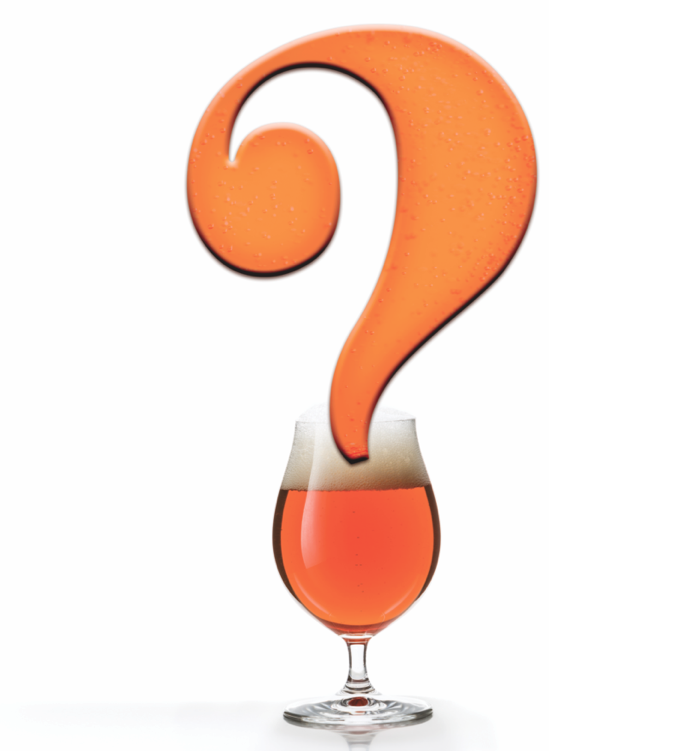Water Filtration
Q: I got a water quality analysis from my local water department. I am wondering, if I filter my water, does it change the analysis in any significant ways?
— Craig Collins • Casper, Wyoming
A: The answer to this question depends on what type of water filtration that you are planning to use.
Carbon filtration is the most common type of home water filtration. Carbon filters contain activated carbon (charcoal) and are primarily used to remove heavy metals, chlorine, chloramines and trihalomethanes from drinking water. Heavy metals and trihalomethanes represent health concerns in drinking water and chlorine and chloramines negatively affect water and beer flavor, so all of these compounds can be removed without having any detrimental effects to your brewing. In short, carbon filtration will not significantly change your water chemistry with respect to the analysis prepared by the local water department, so you do not need to worry about that.
If you use something like a salt-based water softener then you will significantly affect your water since water softeners replace calcium and magnesium with sodium. Although some water contains too much calcium and magnesium, salt-based softeners are not ideal for treating brewing water because of the addition of sodium. In fact, the replacement is a two-to-one multiplier since two sodium ions are added to water for every one calcium or magnesium ion removed.
Salt-based water softeners are commonly used as pretreatment before reverse osmosis membranes. Reverse osmosis filtration of water removes almost all dissolved ions from water leaving the water in a state that is very similar to distilled water. Using reverse osmosis filtration does indeed significantly alter brew-ing water.
I live in Springfield, Missouri where the ground water contains relatively high levels of calcium and carbonate due to the karst topography of our region. At Springfield Brewing Company we use four types of water treatment to prepare water for brewing. The first filter is a pleated filter to trap solids before the water flows to our carbon filter. Incoming water is then softened, pumped through reverse osmosis membranes and the water is then stored in our ambient water tank.
We remineralize this water depending on the beer we are brewing. If you have water with a nice blend of minerals I recommend simply filtering your water with a carbon filter and adding any minerals that may need a boost.



